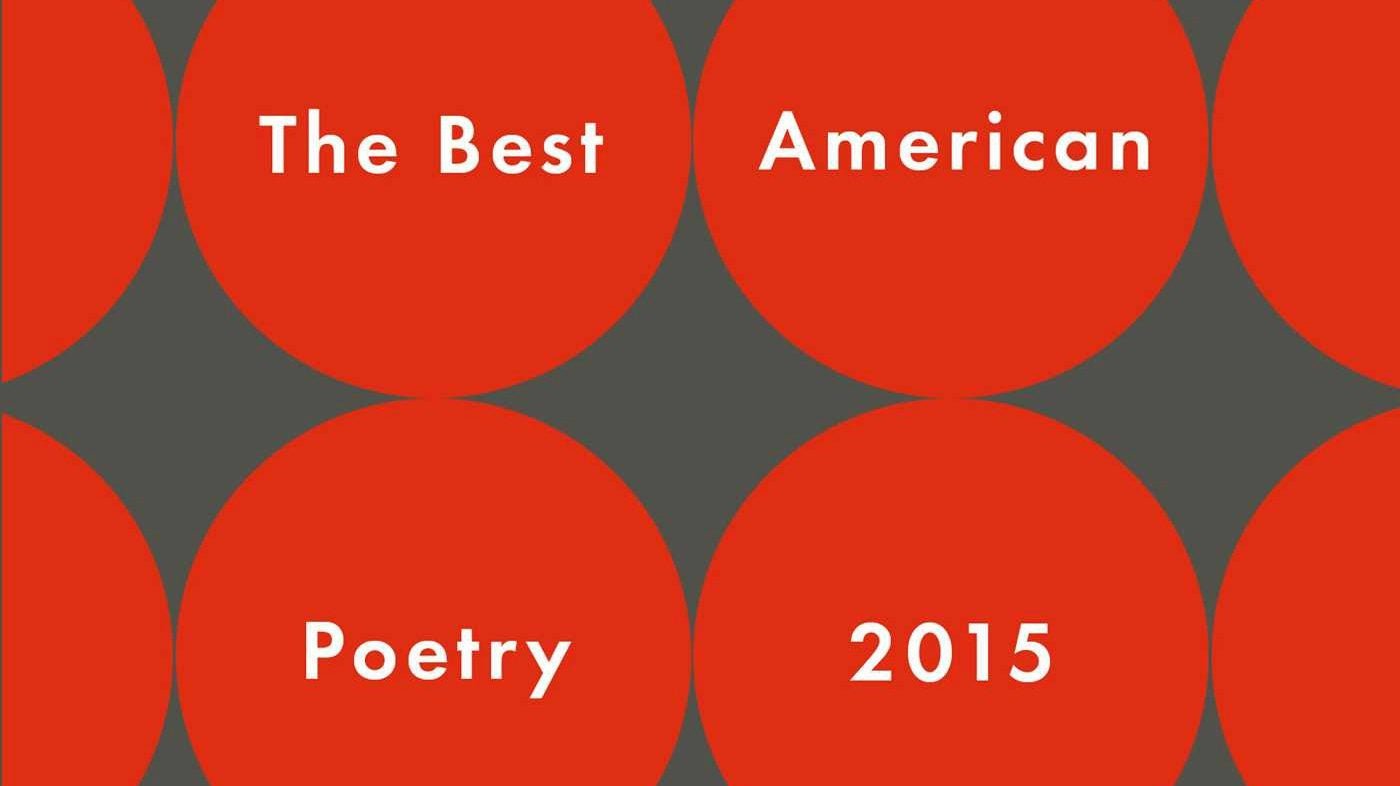A white man was named one of 2015’s best poets for a poem he wrote with a Chinese pen name
A poem deemed one of the best of the year in the US has a rather surprising backstory. “The Bees, the Flowers, Jesus, Ancient Tigers, Poseidon, Adam and Eve,” which appears in The Best American Poetry 2015 under the name Yi-Fen Chou, is actually the work of Michael Derrick Hudson, a white man from Fort Wayne, Indiana.


A poem deemed one of the best of the year in the US has a rather surprising backstory. “The Bees, the Flowers, Jesus, Ancient Tigers, Poseidon, Adam and Eve,” which appears in The Best American Poetry 2015 under the name Yi-Fen Chou, is actually the work of Michael Derrick Hudson, a white man from Fort Wayne, Indiana.
In the book’s bio for Yi-Fen Chou, the poet gives his real name and explains that his pseudonym is a strategy to get his work published. He writes:
“After a poem of mine has been rejected a multitude of times under my real name, I put Yi-Fen’s name on it and send it out again. As a strategy for ‘placing’ poems this has been quite successful for me.”
The switch has caused a small but mighty stir on Twitter:
According to Hudson, this poem was rejected 40 times under his real name; with his pseudonym, he saw 10 “nos” before it was accepted by Prairie Schooner, a quarterly literary magazine out of the University of Nebraska–Lincoln.
But the Twitterati was not convinced: Calling his ploy an act of yellow face, Hudson’s critics have derided him for his lack of insight and sensitivity to the real challenges minority writers face in a traditionally white male field. (Last year’s anthology included works by 75 poets, a third of whom were people of color. Two were of Asian descent.) Others took editors David Lehman and Sherman Alexie to task for not pulling the poem after the poet’s identity came to light. Writing for The Rumpus, Brian Spears called Hudson’s stunt “crass and offensive.” Popular blogger Phil Yu writes on his site, Angry Asian Man, that this will have editors holding Asian writers to a higher level of scrutiny in the future.
Yesterday Alexie posted a lengthy response on the collection’s blog, admitting that the Chinese name did catch his eye:
I’d been drawn to the poem because of its long list title (check my bibliography and you’ll see how much I love long titles) and, yes, because of the poet’s Chinese name. Of course, I am no expert on Chinese names so I’d only assumed the name was Chinese. As part of my mission to pay more attention to underrepresented poets and to writers I’d never read, I gave this particular poem a close reading. And I found it to be a compelling work. In rereading the poem, I still found it to be compelling.
Alexie, a Spokane Indian, said he discovered the poet’s identity after he selected the poem for inclusion and heard from Hudson directly. Though furious at the deception, Alexie said he ultimately decided to stick with the work, saying it would have been dishonest to cover up his mistake and to deny that he did, in fact, love the poem. He wrote, “If I’d pulled the poem then I would have been denying that I was consciously and deliberately seeking to address past racial, cultural, social, and aesthetic injustices in the poetry world.”
(Neither Hudson nor Alexie responded immediately to Quartz’s request for comment.)